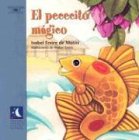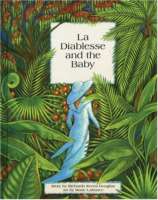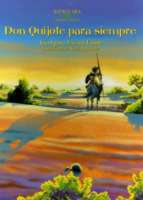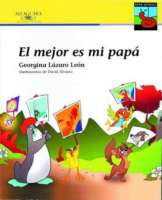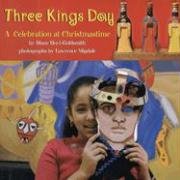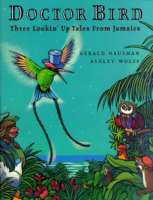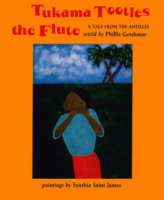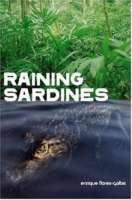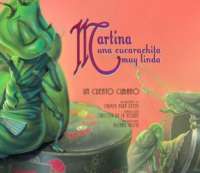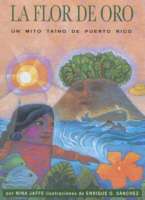
Nina Jaffe’s acclaimed retelling of an Indigenous creation myth about the birth of Puerto Rico, The Golden Flower, in a Spanish edition. The Taínos called their beloved island, Boriquén. This is their story of how Boriquén came to be. In the beginning, there is only a giant mountain above a dry plain without water or plants. A child walking over the flat land below the mountain finds seeds dancing in the wind. When he plants the seeds on the top of the mountain, a forest grows on the crest and in that forest, a large golden flower appears. Soon, the boy and his community reap benefits that they had never before imagined. A joyful creation myth about the evolution of a beautiful island habitat, this picture book is also a celebration of the young boy’s quest, which encourages readers to respect the gifts of the winds and the cycle of nature that bears fruit for the whole community.
